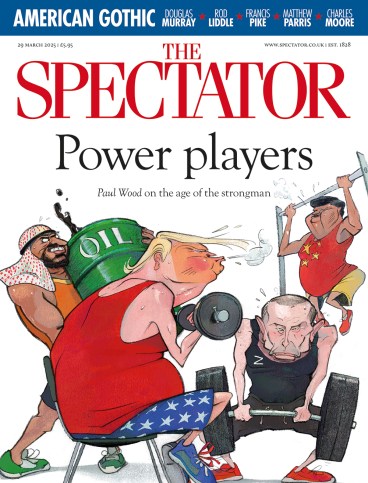
I was talking recently to a rock guitarist about the amount of music an audience hears during a typical concert that is ‘on track’ – in other words, not played live in the moment but instead stored, supplied and sequenced via computer. They suggested that nowadays every artist, from pop starlets to indie rebels, relies on ‘track’ to a greater or lesser extent.
Does it matter? Probably not, at least not much – although it’s one reason why so many acts now play the same songs the same way in the same order every night. Technology increasingly calls the shots. When a band’s set is entirely choreographed around the lighting cues – a scenario not uncommon in arena gigs – it seems a clear case of the tail wagging the dog.
I was mulling over all this last weekend while watching a trio of acclaimed traditional musicians do their thing. The concert felt like the set-up to an old-fashioned joke: heard the one about an Englishman, Scotsman and Irishman walking into a deconsecrated church in Edinburgh? Hailing from Manchester, Glasgow and Dublin respectively, Mike McGoldrick, John McCusker and John Doyle are the cream – and also, perhaps, the Cream – of traditional music: a trio of individual talents joining forces to become something even more potent than the sum of their parts.
McGoldrick plays flute, whistle and uilleann pipes with grace and guile. McCusker is one of the world’s most versatile fiddle players, and also moonlights on whistle and harmonium. John Doyle is an accomplished guitarist and singer-songwriter, and founding member of the group Solas. The three have been playing together for more than 15 years. It showed.
There is a physical dimension to live traditional music that is perhaps rivalled only by jazz. Instead of a pre-recorded track, for these players the head was their secret weapon. I watched fascinated as for all three it became an extra instrument, played via barely perceptible nods that signalled an abrupt gear change from one tune to the next, or a repertoire of eye movements used to denote shifts in emphasis or tone.
Spontaneity brought its own kind of theatre. A moment before Doyle kicked off ‘Lancashire Lads’, he remembered to inform his fellow band mates what key it was in. (G, for anyone wondering). They gamely jumped aboard. Afterwards McCusker jokily grumped about Doyle playing ‘a song we haven’t played in a decade’ off the cuff, but it was clear that he had relished the challenge.
The trio don’t necessarily test the boundaries of trad music with the same derring-do as Lankum or even Lau. And at times, Doyle’s voice cleaved a little too closely to the harshly nasal stereotype of folk singing. Yet the evening was nonetheless shot through with a sense of exploration and subtle experimentation.
This was most evident on the occasions when Doyle switched from acoustic to electric guitar. Accompanying instrumental tunes, marches and reels, the acoustic played a largely familiar percussive role; on the songs where Doyle sang it was more fluid and melodic, yet still rhythmic. It was his electric playing that brought additional dimensions to the trio’s sound. On the bleak ‘Lovely William’, peals of amplified notes elided to create something ambient and spectral. When they merged with the high, clear seagull’s cry of McGoldrick’s uilleann pipes and McCusker’s fiddle, or the drone of his harmonium, the results felt both ancient and thoroughly contemporary.
We were rarely more than moments from a whoop and a stomp
The material, too, was cosmopolitan. On one spree of tunes the musicians travelled from Santiago de Compostela to Sligo, New York (a frantic ‘Madison Square Set’) to Dartford (Ewan MacColl’s ‘Tunnel Tigers’). There were also original compositions. McCusker aired ‘Wee Michael’s March’, written to mark the birth of his nephew. In the 30 years since, he told us, the recipient of the song had shown not the slightest interest in his uncle’s music, and therefore the title had been changed to ‘Wee Gerard’s March’, in honour of a more musically engaged family member.
On the 19th-century Irish émigré ballad ‘Across the Western Ocean’, all historic distance fell away to leave only a stark, plaintive beauty, but we were rarely more than moments from a whoop and a stomp. ‘The Hare’s Lament’ ended in a blur of frenetic ensemble playing, and by close of play McGoldrick’s flute had turned positively funky during a passage of jaw-dropping speed and dexterity.
In such moments, the musicians walked a highwire without a safety net. It may have been a concert of a type that isn’t particularly fashionable, but nobody present was in any doubt that the path of this music could never have been tracked in advance.








Comments